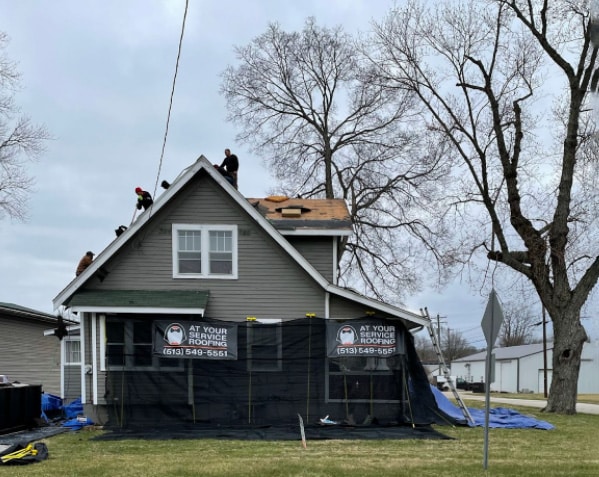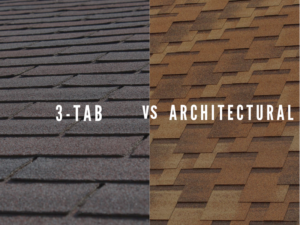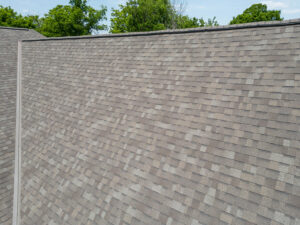How Much Does It Cost To Replace A Roof
Replacing a roof is a major home improvement task that requires significant financial investment. The cost of replacing or repairing the roof can vary depending on factors such as size, material, pitch and associated costs like labor and permits. It’s important to understand all the elements involved in budgeting for a full or partial roof replacement so you know what to expect when it comes time to start this project. In this article, we’ll discuss how much does it cost to replace a roof and what goes into pricing out the job.
The size and pitch of the roof will often have the greatest impact on the price tag. For example, a smaller pitched roof with an area of less than 1,000 square feet is typically cheaper compared to a larger one that requires more materials and labor. The type of material used for your new roof can also affect pricing. Asphalt shingles are generally the most affordable option while metal roofs tend to cost more due to higher installation costs and increased durability over time. Additionally, if you need specialty materials such as slate or clay tiles, those prices could be even greater.
In addition to the cost of materials, other associated expenses should be taken into account when budgeting for a roof replacement. Labor costs will depend on how much of the job you’re willing to take on yourself versus hiring a professional roofing contractor. Additionally, if permits are required for your roof replacement project, those costs will add up quickly.
On average, it costs $7,000 – $14,000 or more to replace an entire roof depending on size and materials used. However, partial replacements can often be much cheaper with prices ranging from $1,500 – $4,000 or more. It’s important to keep in mind that these estimates are based on national averages and may vary widely by region.
One factor that affects the average cost of roof replacement is the type of materials used. Asphalt shingles are generally the most affordable option while metal roofs tend to be pricier due to their increased durability over time. Other unique materials such as slate or clay tiles may also bump up the price tag. It’s important to research different types of materials before selecting one for your new roof so you know what kind of budget you should anticipate based on quality and longevity.
In addition to material and labor costs, don’t forget about any permits that may be necessary for your particular location and/or project size. Depending on where you live, certain permits will likely be needed in order for your new roof replacement project to be approved by local building codes and regulations. This can add significantly to your overall costs if not factored into budgeting upfront, so make sure you do your research beforehand so you know exactly how much money needs to set aside ahead of time in order cover permit fees and other associated expenses.
Other items like warranties and maintenance plans could also affect how much money is spent on your new roof replacement project. Many contractors offer extended warranties that cover any damages resulting from normal wear and tear over a certain period of time after installation is complete – this could provide peace of mind that repairs won’t need to be made right away at additional expense down the line. Similarly, purchasing an annual maintenance plan could help extend the life span of your new roof by preventing major issues from developing prematurely due to lack upkeep over time – another potential savings worth considering upfront when making an informed financial decision about this major home improvement task.

https://www.google.com/maps?cid=2091952965182332475




